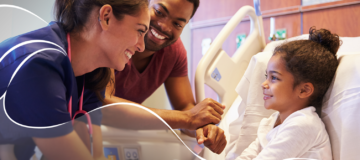
Pregnancy and medicine
The issue The decision to have a child isn’t always an easy one and can be even harder if there […]
Maternal care
IN SPECIAL SITUATIONS
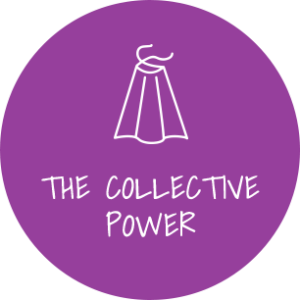
We believe that all mothers and their children have the right to access the same high quality of care regardless of their background, whether it be their nationality, race or ethnic group, age, disability status, or immigrant status. However, the standard and quality of care today varies significantly across countries and regions, and maternal rights are not always acknowledged to the same extent.
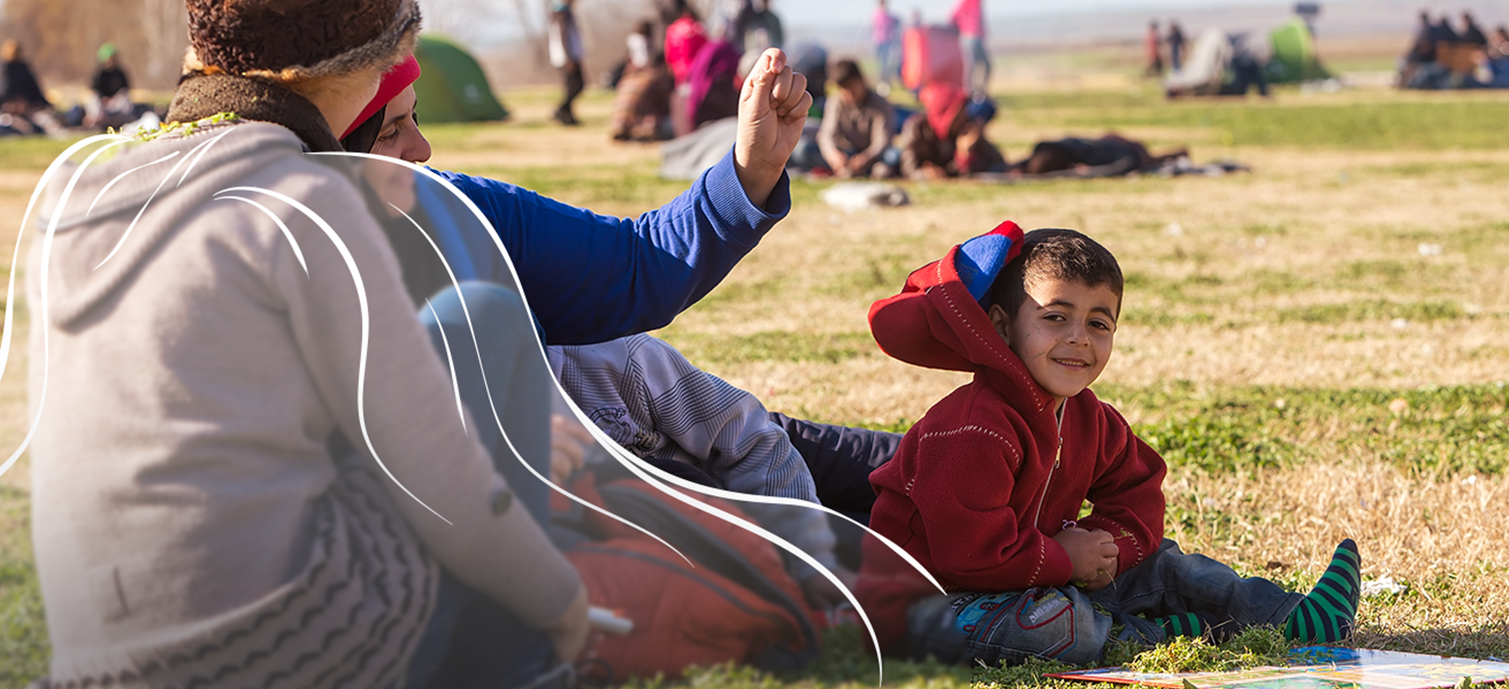
Maternal mortality in Europe is less of an issue than in the developing countries. But even in Europe, too many women die during pregnancy and/or childbirth, and there are significant differences in mortality rates between countries. Currently, a very large number of people are seeking refuge and/or asylum, including an increasing proportion of pregnant women and infants in need of health services, and it is important that we ensure they receive the appropriate care.
A recent report by the United Nations Refugee Agency, United Nations Population Fund and Women’s Refugee Commission confirm that women and girl refugees and migrants in Europe face serious protection risks and that the response by government agencies, humanitarian actors and civil society organisations are inadequate.
Many pregnant women have suffered severe physical and psychological stress, and are at higher risk of complications, preterm delivery or even death. Even when medical services are available, pregnant and breastfeeding women are reluctant to access health services, as they do not wish to delay their journey and that of their families.
Accessing appropriate care among refugees and migrants can be challenging for the following reasons:
Sources: https://www.unhcr.org/protection/operations/569f8f419/initial-assessment-report-protection-risks-women-girls-european-refugee.html
https://www.europeristat.com/
https://www.wma.net/en/30publications/10policies/30council/cr_32/index.html
https://migrantmothersprojectsymposium.weebly.com/access-to-health-care.html
Women and parents with disabilities face particular challenges during pregnancy. Parents express frustration at a lack of information, lack of continuity of care and not feeling that their individual needs are fully understood and addressed by healthcare providers.
Charities such as Disability, Pregnancy and Parenthood international (DPPi) can be a good source for information and support during the pregnancy experience. The DPPi website provides extensive information by stage of parenthood, specific challenges addressed and by type of disability. The website also provides a section specifically providing help for professionals. Parents can also ask questions to the community, and browse existing answers.
Sources: https://www.theguardian.com/society/2010/nov/23/challenges-disability-pregnancy
https://disabledparent.org.uk/

The Alliance for Maternal Health Equality brings together a core group of partnering EU, national and international level public, private and civil society organisations as well as policy makers and healthcare professionals, in order to raise the issue of maternal health and permanently place it on the map of Europe.

The issue The decision to have a child isn’t always an easy one and can be even harder if there […]
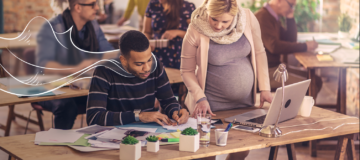
Know your rights It’s worthwhile to take the time to learn about your maternal rights at work. In the EU, […]
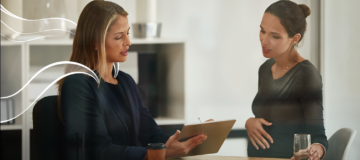
This page provides guidance on where to find information on some key topics related to the pregnancy and motherhood experience, […]